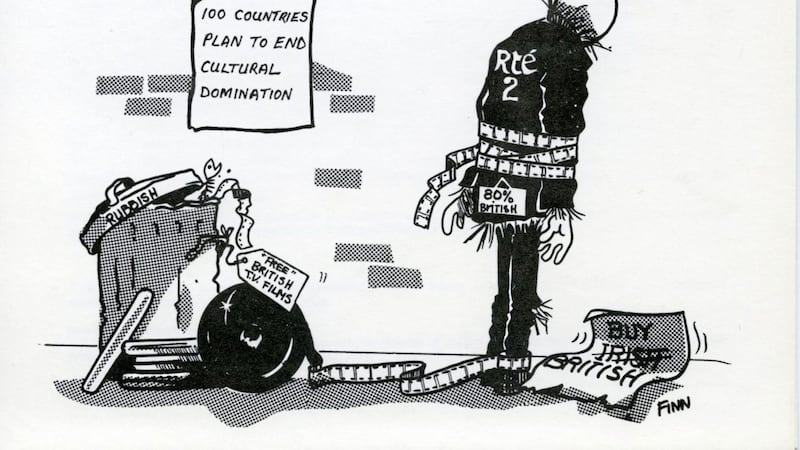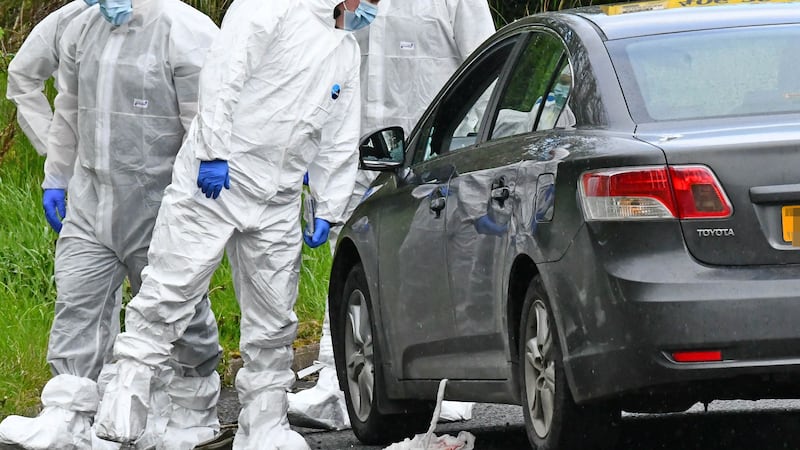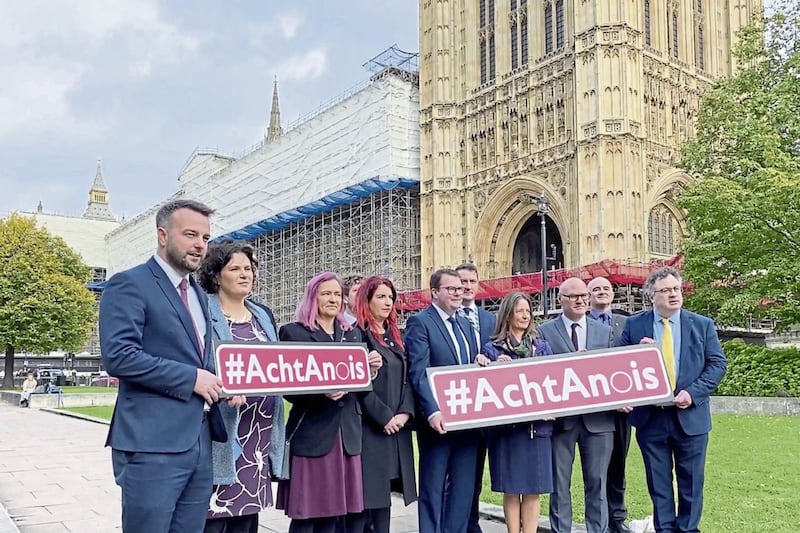THE archive of Conradh na Gaeilge, Ireland’s oldest Irish language organisation, has been catalogued and launched by NUI Galway.
The documents, which cover more than a century of Conradh’s existence, campaigning and achievements, provide an insight into linguistic, cultural, social and political aspects of Irish history.
In 2018, following discussions instigated and led by Dr John Walsh, the university’s library became the custodian of the archives.
It consisted of more than 600 boxes of material and more than 600,000 pages, making it one of the largest collections ever deposited with NUI Galway.
Now catalogued by archivist Niamh Ní Charra, the Conradh na Gaeilge Archive at NUI Galway, includes material relating to music, sport, drama, religion, politics and events.
Items in the archive include republican prisoners’ messages on cigarette papers smuggled out of the Maze prison in the 1980s and correspondence between Conradh na Gaeilge and HM Prison Service on the ban on visits in Irish.
Also include are posters from GAA club championships in the late 1950s and a press release calling for the end to the death penalty in Ireland in 1976.
Professor Ciarán Ó hÓgartaigh, President of NUI Galway, said: "Our university is committed to the Irish language through our Straitéis don Ghaeilge. We are here for the public good and to sustain the communities which we serve. Now that the archive has been catalogued, it will be widely available for use as a significant resource for teaching and research."








